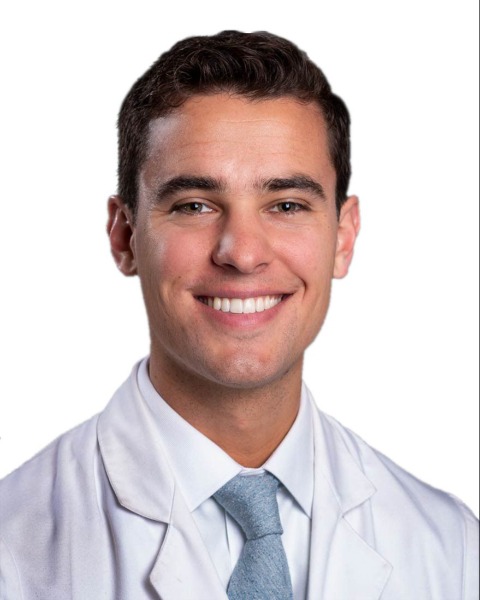Category: Ultrasound/Imaging
Poster Session III
(872) Point-of-care transperineal ultrasound for assessment of cervical dilation in labor
To estimate the correlation between point-of-care transperineal ultrasound (TPUS) and digital cervical examination (DCE) in laboring individuals in the third trimester of pregnancy.
Study Design: Pregnant individuals ≥ 37 weeks of gestation presenting for labor assessment were prospectively evaluated for cervical dilation (an average of 3 measurements) with a hand-held pocket-sized ultrasound interfaced with a smartphone (Butterfly iQ+ ®) applied to the perineum in the sagittal plane. Immediately following the ultrasound evaluation by an investigator, a second, independent clinician assessed cervical dilation through sterile digital examination. Both clinicians remained blinded to the other’s results. Patients were asked to complete a Likert survey for pain ranging from 0 (no pain) to 3 (severe pain) for each type of examination and if they preferred one examination over the other. To detect a good correlation (r = 0.5) between TPUS and DCE, with an alpha of .05 and power of 80%, a sample size of 30 exams were needed.
Results: From April 2022 to July 2022, 30 pregnant individuals were assessed. The median age was 31.5 years (95% CI 25.5-33.0), median body mass index 35.5 kg/m2 (95% CI 31.0-37.8), median parity 1 (range 0-4), median estimated gestational age 39.0 weeks (95% CI 38.1-39.1), rate of ruptured membranes 60% (18/30) and presence of epidural 63% (19/30). The median cervical dilation by TPUS versus DCE was 5.0 versus 5.0 cm, respectively. The Pearson’s correlation coefficient, r = 0.81 (95% CI 0.63 to 0.90), P < .001 [Figure]. Transperineal ultrasound had a significantly less discomfort score than DCE, Wilcoxon test P < .001, median individual discomfort score 0 versus 1 for TPUS versus DCE, respectively. All individuals 100% (30/30) preferred the TPUS over the DCE.
Conclusion: Measurement of cervical dilation using a point-of-care TPUS has a high positive correlation with DCE. The use of transperineal ultrasound for cervical assessment offers a non-invasive and convenient alternative to traditional digital exams in term, laboring patients.

Phillip Connell, MD (he/him/his)
PGY3
Baylor College of Medicine and Texas Children's Hospital
Houston, TX, United States- MT
Mark Turrentine, MD
Baylor College of Medicine
Houston, Texas, United States - LA
Leah Antoniewicz, MD
Assistant Professor
Baylor College of Medicine
Houston, Texas, United States

.png)
